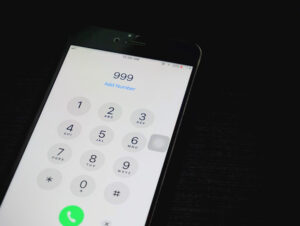Understanding and Managing Fainting Episodes
Fainting is a temporary loss of consciousness usually caused by a decrease in blood flow to the brain. It’s a common condition that can be triggered by numerous factors, including stress, dehydration, or standing up too quickly.
Causes and Immediate Responses to Fainting
Various triggers can lead to fainting. These include intense emotional distress, pain, exhaustion, or even overheating. Such conditions may reduce blood flow to the brain, resulting in momentary unconsciousness.
When someone exhibits signs of fainting, such as dizziness or nausea, it’s crucial to act swiftly. Encourage them to lie down immediately, which helps restore blood circulation to the brain. Lying down is preferable to sitting because it reduces the risk of falls that could cause injuries.
Steps to Take When Someone Faints
If an individual faints, you should:
- Lay them down on their back and elevate their legs slightly. This position helps increase blood flow back to the brain and aids in a quicker recovery.
- Ensure they have plenty of fresh air, especially if indoors. Opening a window can help reduce stuffiness and cool the environment.
- Check their breathing and pulse. If they are unresponsive and not breathing normally, prepare to administer CPR and call for emergency help immediately.
Post-Recovery Care
As the individual regains consciousness, reassure them and explain what happened. Disorientation after fainting is common, so it’s important to help them orient themselves:
- Stay with the person until they fully recover and feel ready to stand up.
- Assist them to slowly and carefully rise, to prevent another fainting episode.
- Advise them to see a doctor if they experience frequent fainting spells, as this could indicate an underlying medical issue.
When to Seek Further Help
While most cases of fainting are not serious, certain situations require medical attention:
- If the person does not wake up quickly or has a seizure, these could be signs of a more serious condition.
- Regular fainting spells could be symptomatic of cardiac issues or neurological disorders.
- If fainting occurs with no obvious trigger, or if it happens repeatedly under similar circumstances, consult healthcare professionals.
Understanding the proper techniques for managing fainting and recognizing when to seek help are essential. These actions can significantly mitigate risks associated with fainting and ensure safety and health.



Leave a Reply